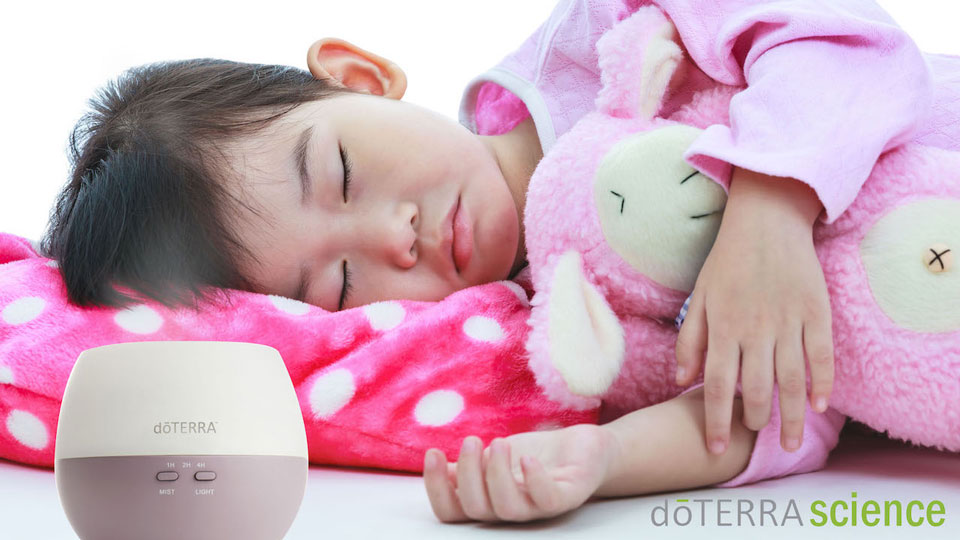SLEEP seems to be a big problem for so many people.
Why sleep is so important for everyone:
Everyone knows that diet and exercise are key components of any healthy lifestyle. Another key pillar of health, equally important and arguably even more so, is sleep. Although the amount of sleep a person needs varies, experts recommend that adults get at least seven to eight hours of sleep every night. There are many factors that can negatively impact how much (and how well) a person sleeps, from family (think newborn baby), to the conveniences of modern life (like 24-hour access to technology), to varying work schedules, quality and age of mattresses and pillows, and don’t forget consumption of alcohol, nicotine, and caffeine. This list can go on and on, and far too often sleep is the first thing that many of us neglect in order to meet the demands of our busy schedules.

Why Is Sleep So Important?
Sleep is important because it is inherently physically and mentally healing, and it allows for our bodies to not only recoup from the stress of everyday life, but also to recharge and refocus. Depriving your body of sleep has been associated with many health risks and places a tremendous burden on virtually every organ system in your body. Lack of adequate sleep affects our ability to lose, or maintain, a healthy weight; influences how we feel, learn, and behave; and negatively impacts our cardiovascular health and overall wellbeing.
So What Can I Do About It?
Of course, life will always find a way to present obstacles that are out of our control, from a sick child to a last minute work project to a neighbour in need. Each of these will undoubtedly affect how we sleep. However, we must focus on what we can control, and fortunately there are several tips and techniques that you can apply to help ensure you are not only getting enough sleep but also getting quality sleep.
This video has some really useful information
~scripts~
Tips for a Better Night’s Sleep
- Eat Well and drink plenty of water – Eating a healthy diet and getting plenty of water keeps our body happy, but it also helps with sleep. Try to cut back on sugar and refined carbs within 2 hours of going to bed.
- Maintain a regular bedtime – Try to maintain a regular sleep schedule, going to bed at the same time and waking up at the same time. This helps regulate your body’s internal clock and may help you sleep better. Try not to nap during the day or fall asleep watching TV.
- Just Say No to Alcohol, Caffeine, Nicotine, and Electronics – All of these can make going to sleep difficult. Don’t drink alcohol or caffeinated drinks too close to bedtime. Remove all electronics from the bedroom, including TVs, computers, and other electronic devices. Try to avoid bright light at least an hour before going to bed. Darkness will help your body begin producing melatonin, a hormone that naturally regulates sleep. To help keep your internal clock in balance, be sure to expose yourself to sunlight in the morning, which naturally tells your body to wake up.
- Keep Cool – Make sure your bedroom is a quiet, dark, and relaxing environment, which is neither too hot, nor too cold. Your bed and pillows should be supportive, yet comfortable. If you experience shoulder, hip, or back pain in the morning, you can be sure you did not rest as well as you could have. It may be time for new bedding. Make sure your mattress is comfortable and supportive. The one you have been using for years may have exceeded its life expectancy – about 9 or 10 years for most good quality mattresses. Have comfortable pillows and make the room attractive and inviting for sleep but also free of allergens that might affect you and objects that might cause you to slip or fall if you have to get up.
- Wind Down – Your body needs time to shift into sleep mode, so spend the last hour before bed doing a calming activity such as reading or taking a warm bath. Certain drinks, such as chamomile tea, may be relaxing and non-stimulating. Try to clear you mind before getting into bed by doing yoga or meditating to calm the mind plus try some deep and slow breathing exercises.
- Use Calming Essential Oils – Essential oils like Lavender and Bergamot are rich in linalool and linalyl acetate, compounds that have well-known relaxing properties. These oils can be diffused aromatically in the bedroom to create a calming and peaceful environment, perfect for getting a good night’s sleep. They can also be used topically and taken internally to calm the nervous system, promote relaxation, and lead to a restful sleep. Try placing two to four drops of Lavender or Bergamot essential oil in a warm, herbal tea (Chamomile, Lemongrass, etc.), or another favourite uncaffeinated beverage about 30 minutes before going to bed, or add two to four drops of Lavender into an empty capsule and swallow about 30 minutes before bed.
- Getting regular exercise – Vigorous exercise is best, but even light exercise is better than no activity. Exercise at any time of day, but not at the expense of your sleep.
Great resource – PDF book http://media.doterra.com/us/en/ebooks/essential-oils-and-sleep.pdf





